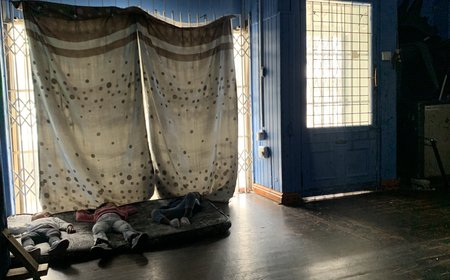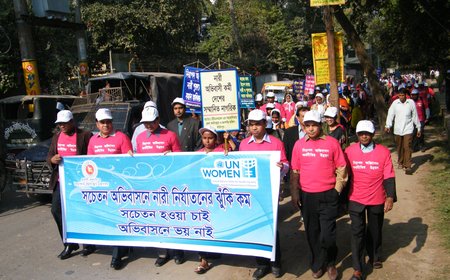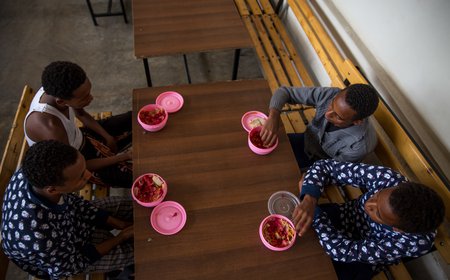Using Justice Chain Analysis to unlock access to justice for migrants in the Global South
The Global Justice Gap
Access to justice for all and effective, inclusive, and accountable institutions is a Sustainable Development Goal (SDG) in its own right, and a critical enabler for other SDGs. Equal access to justice is essential for protecting the rights of individuals, resolving disputes, and ensuring that vulnerable populations are not marginalized or mistreated. Indeed, justice is key to ensuring that no one is left behind, an undergirding principle of the 2030 Agenda.
Despite the centrality of access to justice in the delivery of the SDGs, over two-thirds of the world’s population, 5.1 billion people, lack meaningful access to justice. Of these, a quarter of a billion live in extreme conditions of injustice (stateless, victims of modern slavery or living in a fragile state), 1.5 billion people have civil, administrative, or criminal justice issues they cannot resolve, and 4.5 billion people are excluded from opportunities and protections that the law provides.
This lack of access to justice - coined the “global justice gap” - does not affect everyone equally. As a result of structural inequalities, migrants, refugees, and stateless people in the Global South are among those left behind with little or no meaningful access to justice despite often living with discriminatory laws and complex, urgent, and fundamental justice problems. Migrants and their children are much more likely to live in extreme conditions of injustice and be formally or practically excluded from the protections that the law provides.
This research brief draws on research undertaken by the Migration for Development and Equality (MIDEQ) Hub with Ethiopian migrants and their children in South Africa. This research employed an innovative methodological approach called Justice Chain Analysis (JCA) to unlock the justice chains for migrants in the Global South. This brief outlines the key features of the JCA which provides policy makers, advocates and practitioners with the tools to develop context-specific, people-centred approaches aimed at addressing the structural barriers which limit access to justice for migrants and other marginalised populations.



